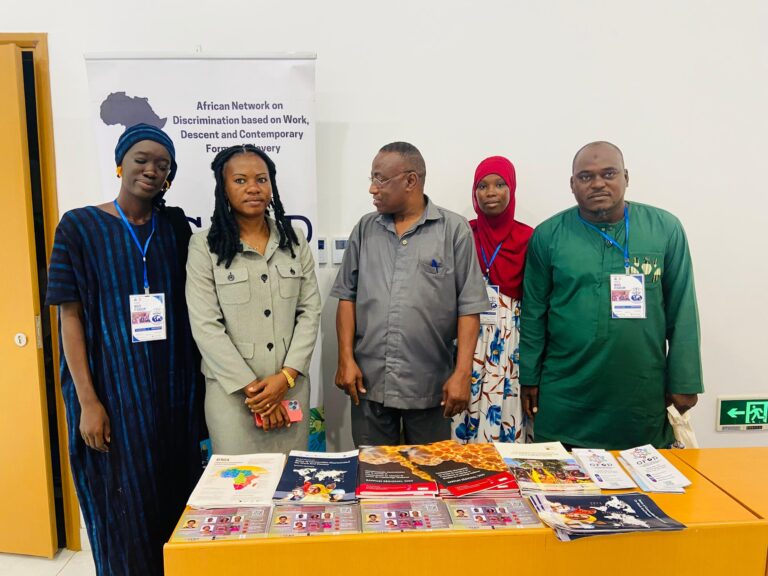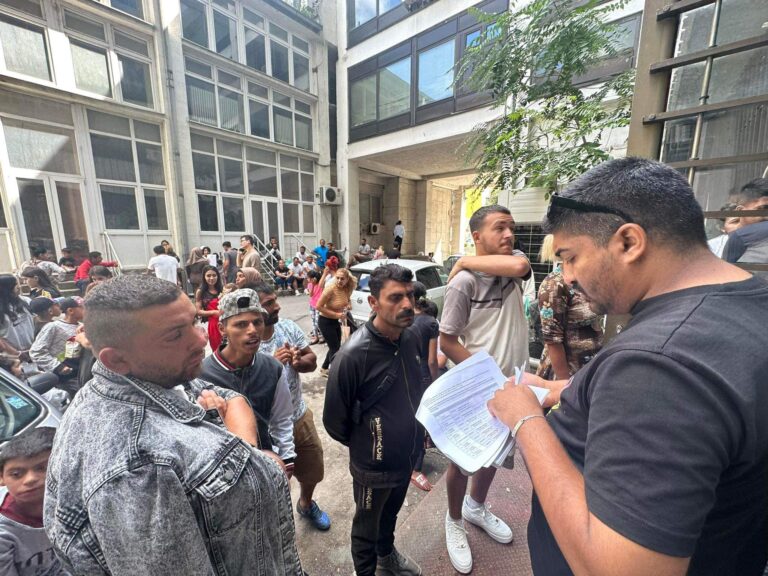From Recognition to Real Change: CDWD Advocates Call for Urgent Action to Implement ACHPR Resolution 619
At the ongoing session of the African Commission on Human and Peoples’ Rights (ACHPR) in Banjul, The Gambia, experts representing the Global Forum on Discrimination (GFoD) delivered powerful interventions on behalf of Communities Discriminated on Work and Descent (CDWD), urging African governments and regional institutions to move beyond symbolic recognition and ensure tangible protection of…





